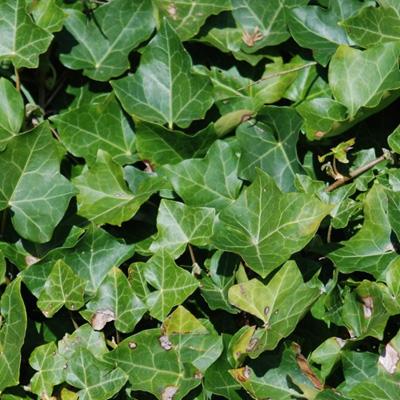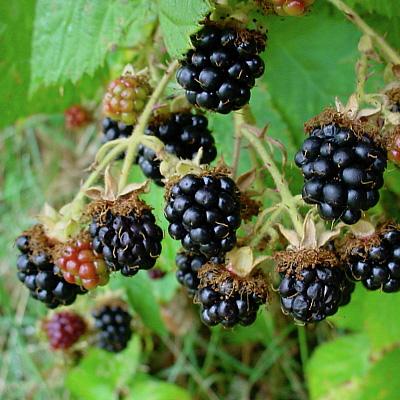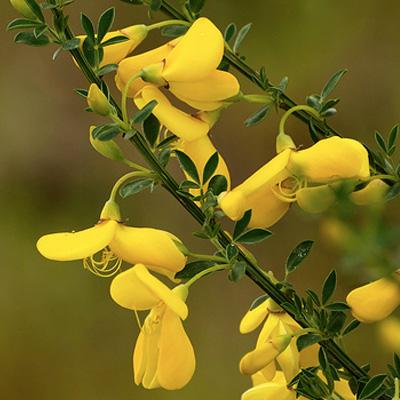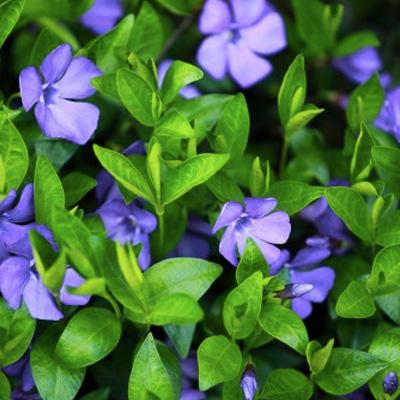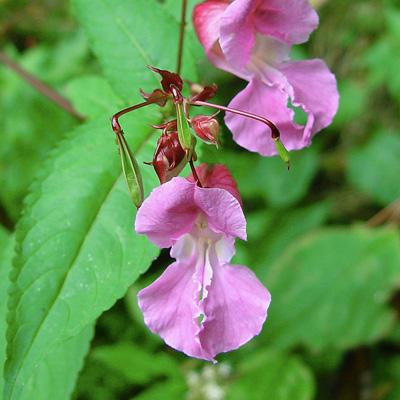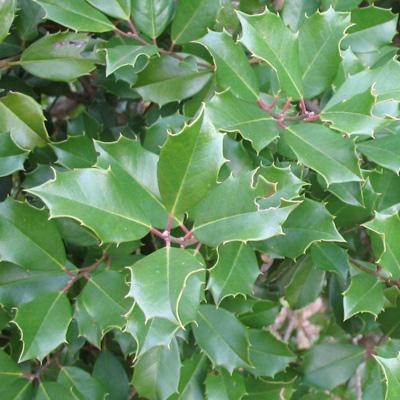Invasive plants are non-native plants that have been introduced into our environment that adversely affect local habitat. Many invasive plants have been introduced to British Columbia without their natural predators and pathogens that would otherwise keep their populations in check. Invasive plants can have negative impacts on:
- Our economy: Lower property value, increase landscape management costs in parks and natural areas, cause property and infrastructure damage
- Our environment: Crowd out native plants, effect soil fertility and disturbance, disturb ecosystem balance, destroy wildlife habitat, reduce soil stability & water quality
- Our society: Endanger humans, pets, livestock and wildlife, reduce aesthetics of an enjoyable landscape, reduce functional use of outdoor space
How You Can Help?
- Control invasive plants and replace them with a non-invasive alternative. Check out the Grow Green Guide website for suggestions.
- Knotweed fragments and seeds can spread very easily. Remove any plant parts or seeds from clothing, pets, tools, equipment, vehicles, etc.
- Do not place invasive plants in your backyard composter as the temperature will not become hot enough to destroy the seeds and roots.
- To reduce the spread of invasive species, dispose of yard waste and soil appropriately.
- Download the ‘Report Invasives BC’ app to identify and report invasive species.
Top Invasive Plants
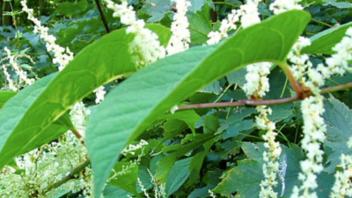
Knotweed
Knotweed are aggressive invasive plants. They can grow through concrete and asphalt, damaging infrastructure. This can result in significant control, management, and repair costs. Knotweed spreads by roots, stem and root fragments and seeds, making control a multiple year project that must include the proper disposal of plant parts.
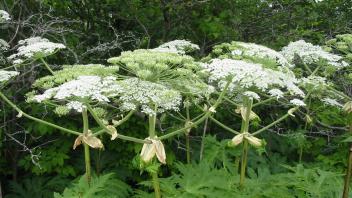
Giant Hogweed
Giant Hogweed is an invasive plant that can pose a serious threat to human health and natural ecosystems.
The sap of Giant Hogweed causes phytophotodermatitis in humans, which can result in burns and blisters. If sap enters the eyes, it can cause temporary or permanent blindness.
More Invasive Plants
Removing English Ivy
Join Scott, from our Parks Department, as he walks you through how to remove English Ivy safely from your trees.


